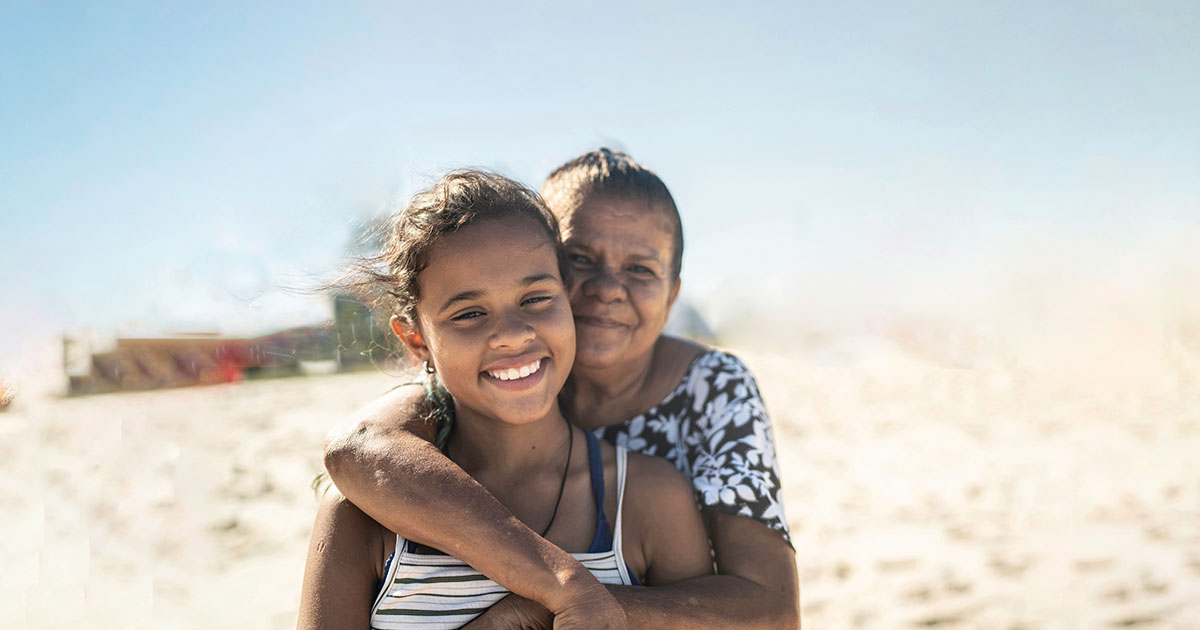Reconciliation requires deep reflection and urgent action
- Details
It is National Reconciliation Week and this year’s theme is ‘Our History, Our Story, Our Future’. As a nation we have made some progress in acknowledging the history of dispossession and discrimination that has disadvantaged Indigenous Australians. However, working together to avoid repeating the wrongs of the past while striving to remedy them requires our urgent attention.
This is no small task. Despite the momentous apology to the Stolen Generations, the number of Aboriginal children being removed from their families and homes today remains unacceptably high.
Over-representation of Indigenous Australians in juvenile detention and adult prison is also startling. And we know the paths from out-of-home care and from prison into homelessness are very well-trodden.
Aboriginal and Torres Strait Islander women are 34 times more likely to be hospitalised as a result of family violence than non-Indigenous women. Although we have seen domestic and family violence move into the spotlight, we must increase efforts to reduce the unacceptable levels of domestic and family violence faced by Indigenous women.
Indigenous people in very remote areas continue to live in severely overcrowded dwellings with consequences for their health, education and employment. With 20 people sometimes sharing a small house, is it any wonder that kids don’t make it to school and health problems are widespread?
At the last census, Aboriginal and Torres Strait Islander people made up just 2.5 per cent of the Australian population but accounted for 25 per cent of all homeless persons. We fear that this year’s census may have no better news despite efforts across the sector.
While we are currently urging politicians to put homelessness on the agenda for this year’s election, specific targets for reducing Aboriginal and Torres Strait Islander homelessness should also be a priority. We need to be held accountable as a nation for achieving equity and equality as part of the reconciliation journey.
We also know from our Youth Survey that higher proportions of Aboriginal and Torres Strait Islander young people are not studying, are looking for work, and see family responsibilities and location as barriers to achieving their aspirations. The Closing the Gap goals in relation to literacy, numeracy and employment outcomes remain off track and Indigenous people face significantly higher rates of unemployment.
Despite this, successful programs such as the Indigenous Youth Careers Program have been defunded with no replacement program announced. This program delivered strong results in assisting Aboriginal and Torres Strait Islander young people to identify career and employment pathways and the discontinuation of this program has left a significant service gap.
We need greater investment in closing the gap for Aboriginal and Torres Strait Islander people, not disinvestment in programs that support Indigenous young people’s future.
We also need long-term efforts in partnership with Aboriginal and Torres Strait Islander people to address the complex and intersecting areas of disadvantage they face. We need to do this with acknowledgement of the nation’s history, both mistakes and triumphs, an understanding of our ongoing story and a willingness to take a unified approach to our future.
As Nova Peris, our first female Indigenous Federal politician recently said: “Aboriginal people have no inherited wealth, they have inherited pain.”
Every day we see the impact of intergenerational trauma in our services and we come up against systems that reinforce disadvantage rather than address it. We need to intervene early, in a holistic and culturally sensitive way and in close partnership with the Aboriginal and Torres Strait Islander communities we seek to serve.
Reconciliation must live in our hearts, minds and actions as we stand together with those in need. It must be part of our history, our story and our future.

Catherine Yeomans
CEO Mission Australia
@cathyeomans
Related media releases
Read about what we’ve been working on, our stance on important social issues and how you make a difference to vulnerable Australians' lives.



